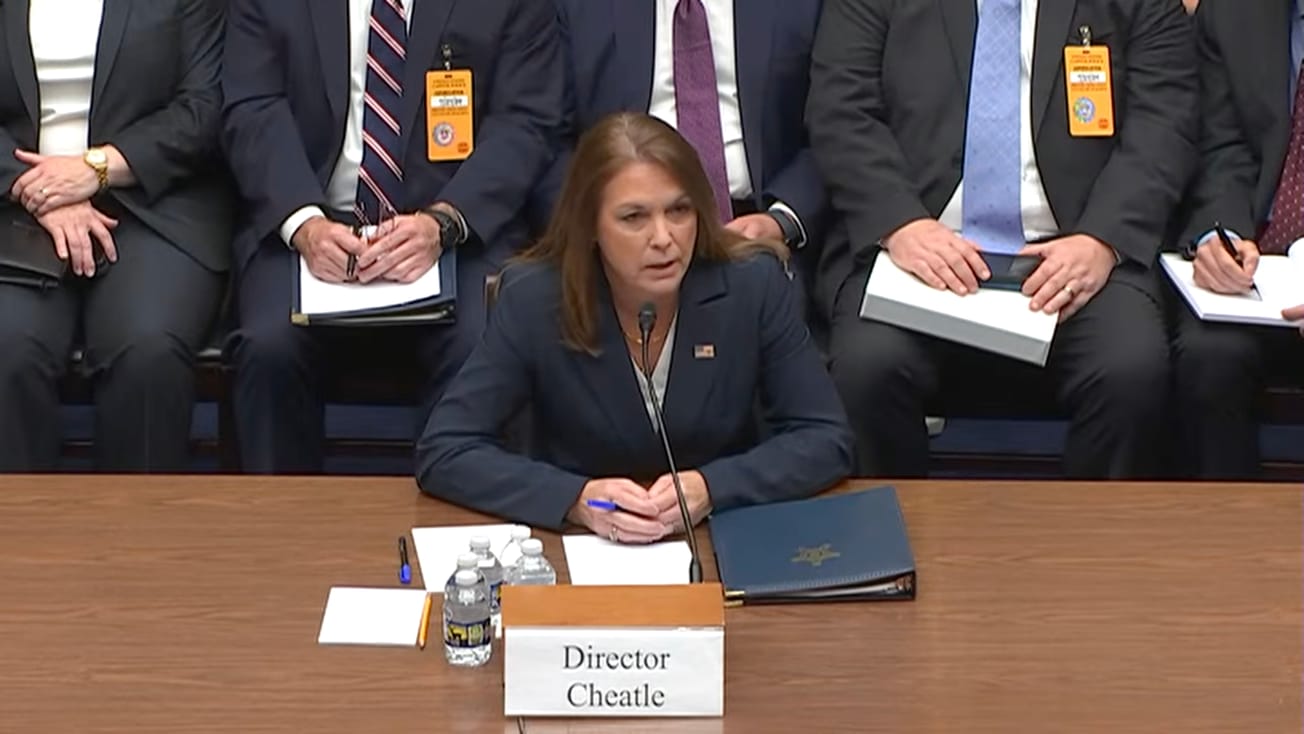Brazil’s President Lula da Silva put the bombing campaign in Gaza into perspective—it is the first war in human history where the greatest number of deaths “are children, who are not in the war.” He was speaking today in his latest weekly “Conversation with the President” broadcast.
Today’s report from the Gaza Health Ministry saw deaths among children go, overnight, from 37% of the total deaths to 40%. Overall, it was a new daily record for the bombing campaign, with over 700 Palestinians killed—and 305 of them were children, also a new record. In the tiny Gaza Strip, that is the equivalent of around 42,000 children dying overnight in the U.S.
That brought the 18-day total to 5,791 killed, including 2,360 dead children. Women, the elderly, and the children now comprise 70% of the dead. Palestine’s Foreign Minister Riyad Al-Maliki told the UN Security Council meeting today that Palestinian children are writing their names on their hands “so that they will not become unknown corpses nor buried in collective graves.”
For its part, Israel claimed that, overnight, it had hit 400 Hamas targets, killing “dozens” of Hamas fighters. The Gaza Health Ministry numbers suggest that around 200 men between the ages of 18 and 60 died. So, Israel killed somewhere between, say, four dozen and 200 Hamas fighters, which converts in this gruesome calculus to 3.5 to 14 civilians killed per Hamas fighter. The politest description of this is “collective punishment.”
So when the mild-mannered UN Secretary General opened today’s UN Security Council session on Southwest Asia expressing his concern over “clear violations of international humanitarian law in Gaza,” he said that the “appalling” attack by Hamas “cannot justify the collective punishment of the Palestinian people.” Even that hit a chord. Israel’s Ambassador Gilad Erdan demanded that Guterres immediately resign for being “unfit” to lead the UN.
Lula da Silva went on to report that he has spoken to the Presidents of Israel, the Palestinian Authority, Iran, Egypt, Türkiye, France, and the U.A.E., and the head of the European Union; talks with the Presidents of China, South Africa, and Qatar come next. “I’m talking to everyone so that we can achieve three things. Firstly, guaranteeing a humanitarian corridor so that people can receive water, food and medicine. Ensure that there is no shortage of electricity in hospitals so that people can be treated and ensure that no more children are killed…. If you don’t talk about peace every day, every day, every day, people forget that it’s possible to build peace.”
Brazil’s ceasefire proposal at the UN Security Council had gathered almost unanimous support, but it had been vetoed by one country—the United States.
Yesterday, the President of the United States, within moments, claimed both that Pope Francis was in full support of his approach to the Israel-Gaza crisis and that there will be no ceasefire, not even a discussion of the possibility of a ceasefire. When asked about giving a ceasefire in exchange for hostages, Biden didn’t stumble over his words. He fired back a complete rejection.
Secretary of State Blinken’s message to the same UN Security Council meeting was that the world must stand by and watch Israel’s daily bombing campaign, and that Iran is to be attacked if any of Israel’s neighbors doesn’t fall into line. The imperious and affected Sen. Lindsey Graham led a delegation of 10 U.S. Senators to Jerusalem yesterday to deliver the message that the U.S. needs to bomb Iran in order to stabilize the region. It’s not a rational argument. This is just clinical behavior (and Graham also provided a flame-out on camera [see minutes 41:42 to 43:27] as clinical evidence).
Israelis and Palestinians have the obvious shared benefit from a greening of the desert, as does the whole region. The 1975 “Oasis Plan” of Lyndon LaRouche is the best reticulation of that idea, but not the only one. If the key to peace is development, the consequences of ignoring or prohibiting development is pretty obvious. Here’s a 5-minute video from 2010 to introduce the very straightforward development idea.
Step #2: Read and circulate “Westphalia, Not Versailles: The World Needs an ‘Oasis Plan’ in the Middle East.”
Rather than cursing the darkness, it is better to light a candle.









